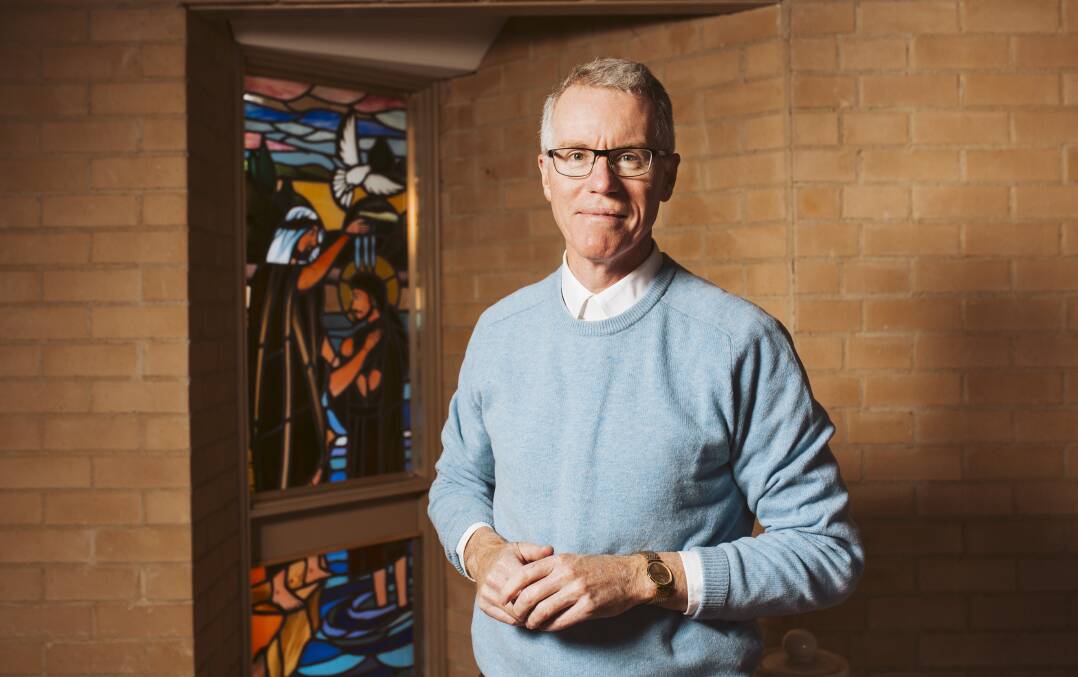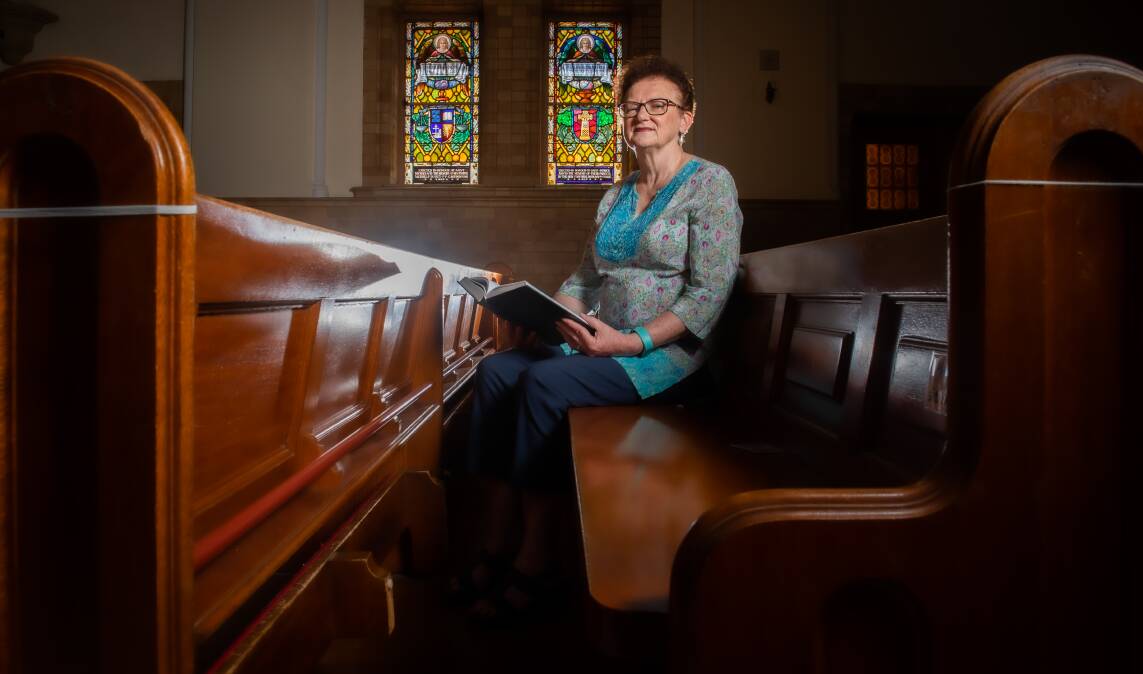A Canberra priest who was friends with George Pell has defended the deceased cardinal who died in Rome on Tuesday.
"George loved banter, he loved people and loved engaging in the public square," Father Tony Percy, the Vicar-General of the Catholic Archdiocese of Canberra and Goulburn, said.
"This latter love made him friends and foes."
"If Queen Elizabeth II will be remembered for her devotion to duty, then George Cardinal Pell (as his formal title was) will be known for his stoicism."

Cardinal Pell was a controversial figure. A jury found him guilty in 2018 of molesting two teenage choirboys while he was Archbishop of Melbourne but the verdicts were quashed by the high court in 2020.
Father Percy says the quashing means innocence in the eyes of the law. "These convictions were quashed by the High Court of Australia in 2020. The decision was unanimous: 7-0," the Canberra priest said. "The rule of law is fundamental to free and fair societies."
Father Percy knew Cardinal Pell well. "I was surprised when Pell asked me to head up the training of future priests in Sydney," the Canberra (soon to be Queanbeyan) priest said. "I really didn't know him at all. I remained in the job for six years and got to know the Cardinal quite well.
He visited the cardinal in prison before he was cleared by the High Court. Father Percy had been worried that the conversation might falter: "No need.
"George - as he liked to be called - launched into a 20-minute tirade against Vatican finances. He never shirked from facing issues with competence and courage."
Despite being cleared of sexually abusing boys himself, another claim remained (although not one tested in a court), and that was that before he became an archbishop George Pell had known about other priests who had abused children, but hadn't done enough to halt the pedophile activity.
As the Royal Commission into Institutional Responses to Child Sexual Abuses in the Catholic Archdiocese of Melbourne said: "In November 1989, Bishop George Pell, then an Auxiliary Bishop of the Archdiocese, received a delegation of teachers from Holy Family School. Prior to receiving the delegation, he was provided with a list of incidents and grievances about (a particular priest) that the staff had prepared,"
"We are satisfied that, on the basis of the matters known to Bishop Pell on his own evidence (being the matters on the list of incidents and grievances and the 'non-specific' allegation of sexual misconduct), he ought reasonably to have concluded that action needed to be taken in relation to (the particular priest).
"It was incumbent on Bishop Pell, as an Auxiliary Bishop with responsibilities for the welfare of the children in the Catholic community of his region, to take such action as he could to advocate that (the priest) be removed or suspended or, at least, that a thorough investigation be undertaken of the allegations."
George Pell said at the time of the royal commission that he simply hadn't known exactly what was going on.
Those who defend him now say that later evidence backs his claim and also that he was not in a senior enough position to prevent the abuse. Dr Joel Hodge who lectures in theology at the Australian Catholic University told The Canberra Times that Archbishop Pell (as he then was) did bring in important reforms when he had the power to do so.
Denis O'Brien, the Canberra lawyer who was chief lawyer to the church's response to the royal commission, said that Cardinal Pell did take action when he was Archbishop of Melbourne.
Nobody doubts the cardinal's conservative stance in the church, though.
It impeded the progress of women, according to Andrea Dean, President of Women in the Australian Catholic Church.
"As a Catholic woman I note that Archbishop Pell's conservative stance meant that many initiatives of the Australian church that favoured women's participation were undermined," she said.
But she also said: "Nobody could say that he didn't serve the Church generously. May he rest in peace."
She thought that the deceased priest's conservative influence in Australia continued even in his later years in Rome. He died in the Vatican City only a few days after attending the funeral of Pope Benedict.

She cited decisions taken around 20 years ago: when there was a move to have women allowed to become "pastoral associates" who could assist parish male parish priests in their duties, the move was blocked by George Pell who was Archbishop of Melbourne and then Sydney.
Instead of giving women a greater role and so easing the burden on male priests who were in short supply, Archbishop Pell (according to Ms Dean) favoured bringing in male priests from abroad. "That was pretty huge," she said.
We've made it a whole lot easier for you to have your say. Our new comment platform requires only one log-in to access articles and to join the discussion on The Canberra Times website. Find out how to register so you can enjoy civil, friendly and engaging discussions. See our moderation policy here.







